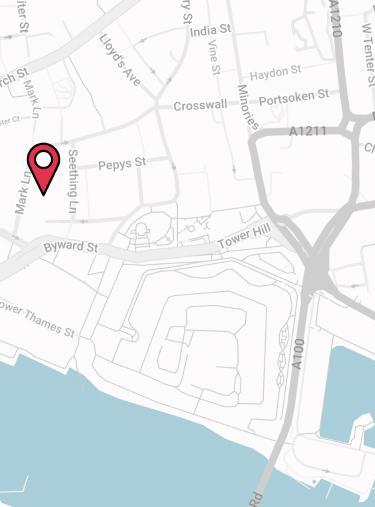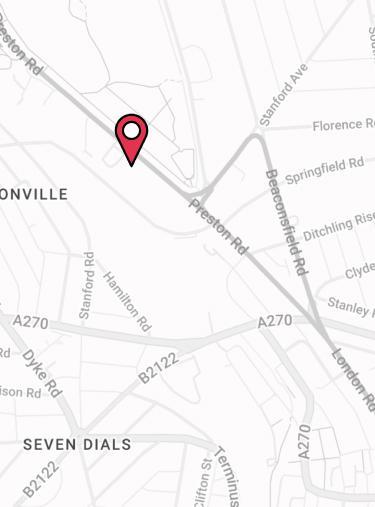When Do You Start to Pay Inheritance Tax and is There a Limit?
Is there an upper ceiling to the amount of inheritance tax my heirs would be expected to pay after my death?
There is no limit to the amount of inheritance tax (IHT) you can pay. You will be charged IHT at 40% on all assets upon which the tax is due above the nil-rate band, regardless of the size of your estate.
The nil-rate band is currently £325,000, so if your estate is larger than this, any value above this would be taxed at 40%.
The vast majority of estates are too small to pay IHT, however, and even fewer estates have had to pay it since the introduction of the transferable nil-rate band for spouses in October 2007. This has allowed spouses or civil partners to transfer their nil-rate bands to the surviving spouse on death, potentially doubling the surviving spouse’s nil-rate band before IHT is due.
The introduction of the new main residence nil-rate band will mean that couples using a nil-rate transfer who are leaving their home to direct descendants will be able to leave £1 million to direct descendants without paying a penny in IHT by the 2020/21 tax year, also.
Inheritance Tax Reliefs and Exemptions
There are reliefs you can claim for IHT, though, such as agricultural property relief on certain farm-related assets and business property relief on certain business assets.
Potentially Exempt Transfers
Other ways to lessen the impact of IHT include potentially exempt transfers, whereby you can give an unlimited gift away providing you live for at least 7 years afterwards.
That sum no longer forms part of your estate for inheritance tax purposes, providing it is not an asset you have reserved a benefit in, such as a house you’re still living in. There are other exemptions for gifts, too, including those given on marriages.
Estate Planning and Inheritance Tax
The rules surrounding IHT are complicated and this FAQ has only scratched the surface. It’s always best to get specialist advice when it comes to estate planning, which can significantly limit your exposure to IHT when the time comes.
- Topics
- Inheritance Tax
- Retirees
Frequently Asked Questions
What's the Inheritance Tax Rate in 2025?
Can We Avoid Inheritance Tax on ISA Portfolios?
Can I Use Equity Release to Reduce My Inheritance Tax Bill?
When Do You Start to Pay Inheritance Tax and is There a Limit?
Our Estate is Worth More Than £2m – What Are the Inheritance Tax Rules for Us?
Contact Us
125-135 Preston Road
Brighton
BN1 6AF
Cookies
Drewberry™ uses cookies to offer you the best experience online. By continuing to use our website you agree to the use of cookies including for ad personalization.
If you would like to know more about cookies and how to manage them please view our privacy & cookie policy.



